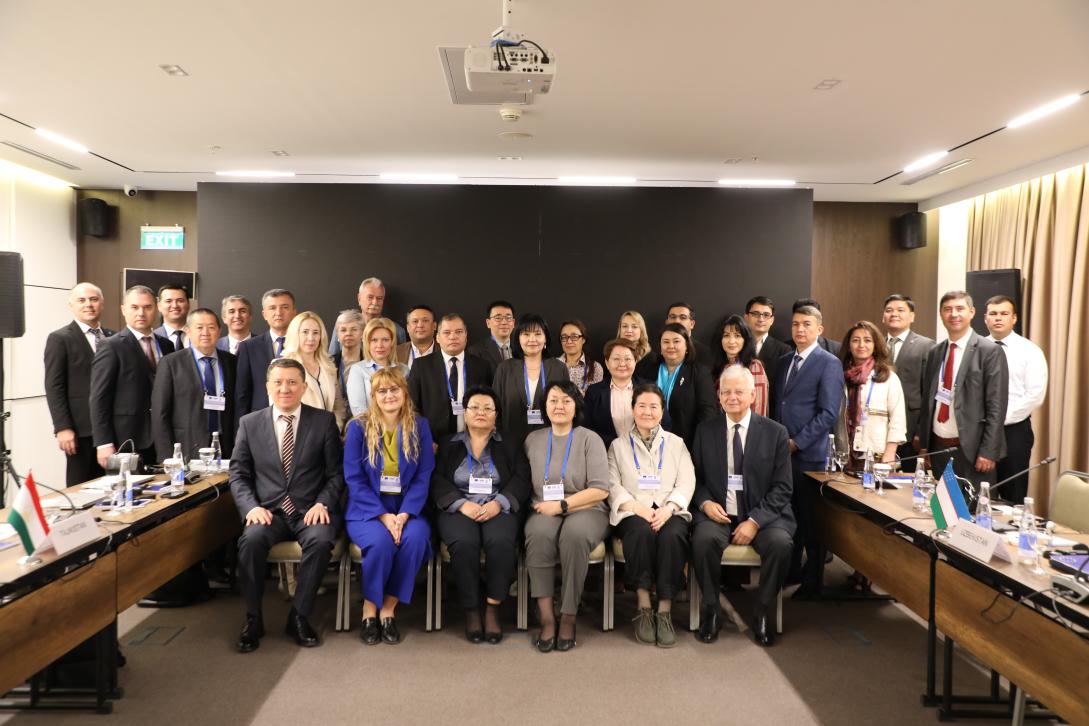Working together for a safer tomorrow: Central Asia launches new phase of Uranium Legacy Remediation

The project aims to reduce risks associated with uranium waste to human health and the environment and improve living conditions in local communities in Kyrgyzstan, Tajikistan, and Uzbekistan through inclusive, gender-responsive, and community-centered approaches. In Phase III, the project will focus on raising public awareness, enhancing mechanisms for engagement with local authorities, and strengthening regional cooperation for effective remediation of uranium legacy sites.
Qilichov Zulfiqor Pardakulievich, the representative of the Department of Radiation, chemical, and biomedical protection of the Ministry of Emergency Situations in the Republic of Uzbekistan, emphasized the importance of this initiative and said: “As we all know, one of the most significant areas of concern today is taking measures to prevent natural disasters and human-made accidents from occurring around the world, including in Central Asia. It is also important to promptly eliminate their consequences and minimize the risk to human health and the environment. Thus, the project will contribute to regional and global security”.
Phases I and II of the project achieved key milestones that laid the groundwork for Phase III, including: installing seven power transformer stations; placing 120 radiation safety signs; supporting seven local businesses; training over 500 community members in entrepreneurship; equipping the Ministry of Emergency Situations with dosimetry tools; distributing tailored educational materials; and implementing four of eight selected community projects in Uzbekistan across agriculture, energy, and tourism.
At the event, Mr. Anas Fayyad Qarman, UNDP Deputy Resident Representative in Uzbekistan said: “Let's be an active partner in rebuilding the communities most affected by the dangers of the Uranium legacy, leaving no one behind”. Moreover, Jana Kurpiša Program Manager at the EU Delegation to Uzbekistan stated that: “With the financial support of the EU, the project is focused on empowering local communities in the most marginalized areas of the region. Despite this focus, it also directly contributes to the Central Asian states efforts towards stronger regional dialogue and cooperation”.
The meeting brought together 30 participants, including representatives from governments, local authorities, NGOs and other key partners.
The meeting revolved around group discussions, where participants developed joint recommendations on improving collaboration and sustainable management of uranium legacy sites.
Note: The project implemented by UNDP and the OSCE with the support of the European Union and addresses key aspects of environmental safety, sustainable development, and the involvement of local communities in decision-making processes.
